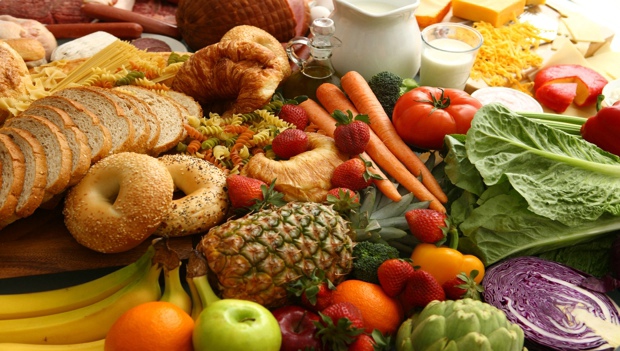
The 30-45 minutes following a workout is a critical time to nourish your body for proper recovery. Recovery includes muscle building, replacing your energy stores and preventing post workout fatigue and muscle soreness. This is particularly important if you are involved in two-a-day workouts or back to back games.
Here are some tips to help aid recovery.
Don't Forget the Carbohydrates
It is common for athletes to refuel after a strength or endurance workout only with protein. However, without a source of carbohydrates post-workout, your body will not be able to produce insulin, the hormone that drives muscle building. Carbohydrates also help to replace muscle and liver glycogen to refuel your energy stores. The current recommendation is a ratio of 2:1 carbohydrate to protein following strength workouts and 4:1 after endurance workouts.
More: 5 Best Carbs for Athletes
Aim for Antioxidants
Antioxidant rich foods help reduce inflammation and decrease muscle soreness. One of the easiest ways to get an adequate amount of antioxidants and carbohydrates is by drinking tart cherry juice. Research shows that drinking tart cherry juice aids athletic performance and comes highly recommended for recovery foods. Following juice consumption with a form of protein would be recommended. Ginger and turmeric are other sources of food high in antioxidants.
More: What to Eat for a Faster Recovery
Try Liquid Meals
Exercise can often act as an appetite suppressant and many athletes find it hard to stomach food post-workout. Liquid meals are often more appealing and easy to bring with you. G2 recovery drinks, protein shakes with some fruit mixed in, or tart cherry juice with a serving of protein are complete liquid meals that can be consumed. Liquids are also more readily available and therefore digested more quickly than solid foods.More: Give it a Spin: Smoothie Recipes
Plan Ahead
To ensure you have enough food to fuel you through your day and to help you recover, it is important to plan ahead. When planning meals and recovery snacks, keep in mind the kind of exercise, the location and the duration of the exercise. Waiting until after you've returned from a workout or race is often too late to reach optimal recovery status. Skipping the post-workout snack can often cause you to overeat at your next meal.More: 3 Recipes for a Faster Recovery
 Perfect your nutrition to boost your performance. Sign up for a race near you.
Perfect your nutrition to boost your performance. Sign up for a race near you.


